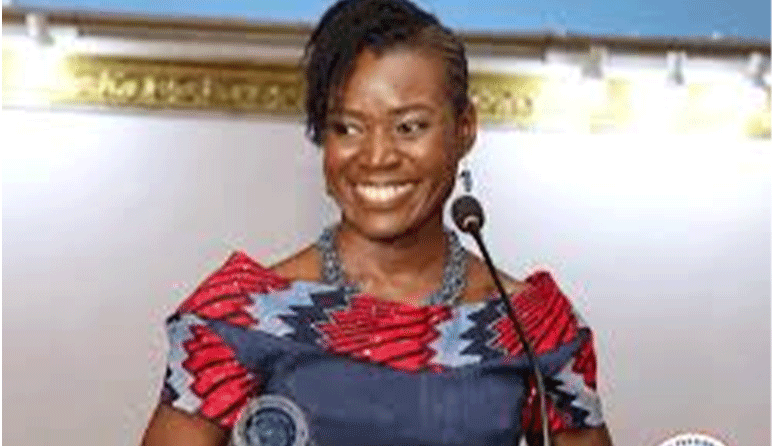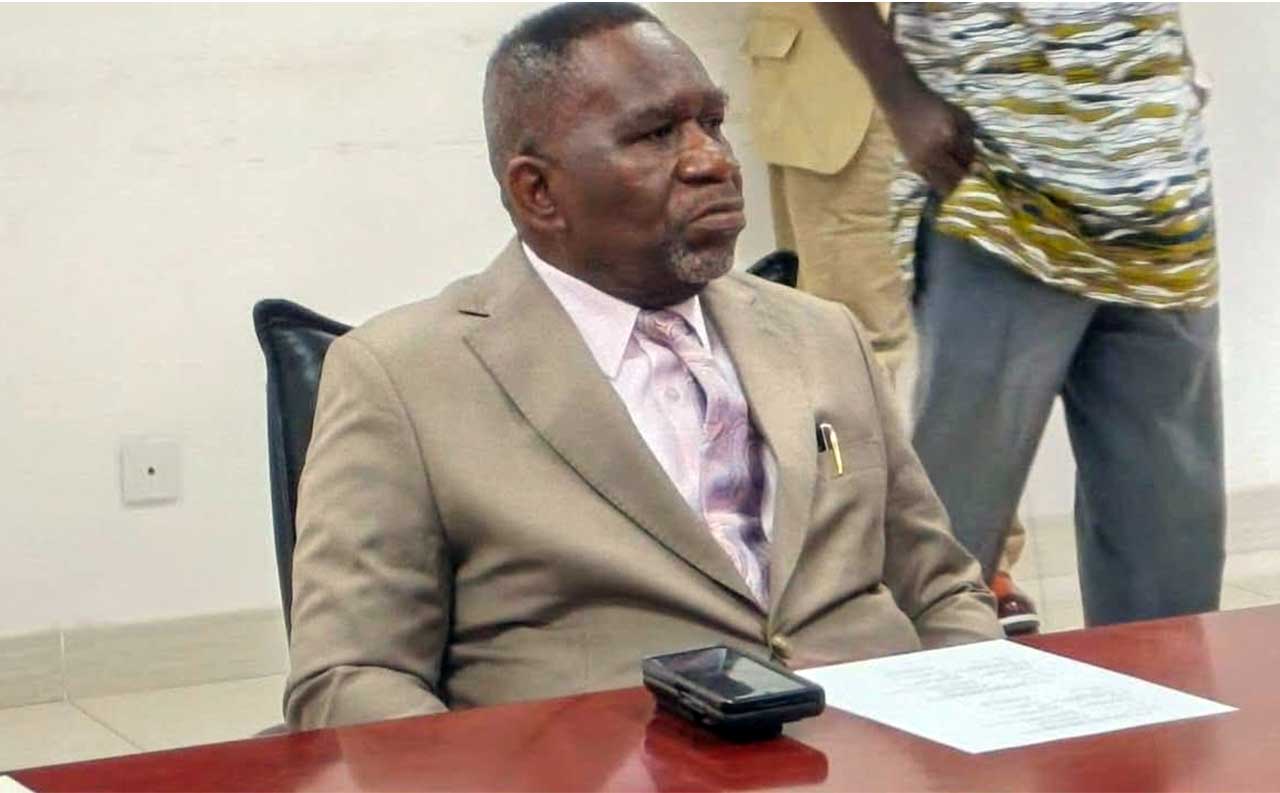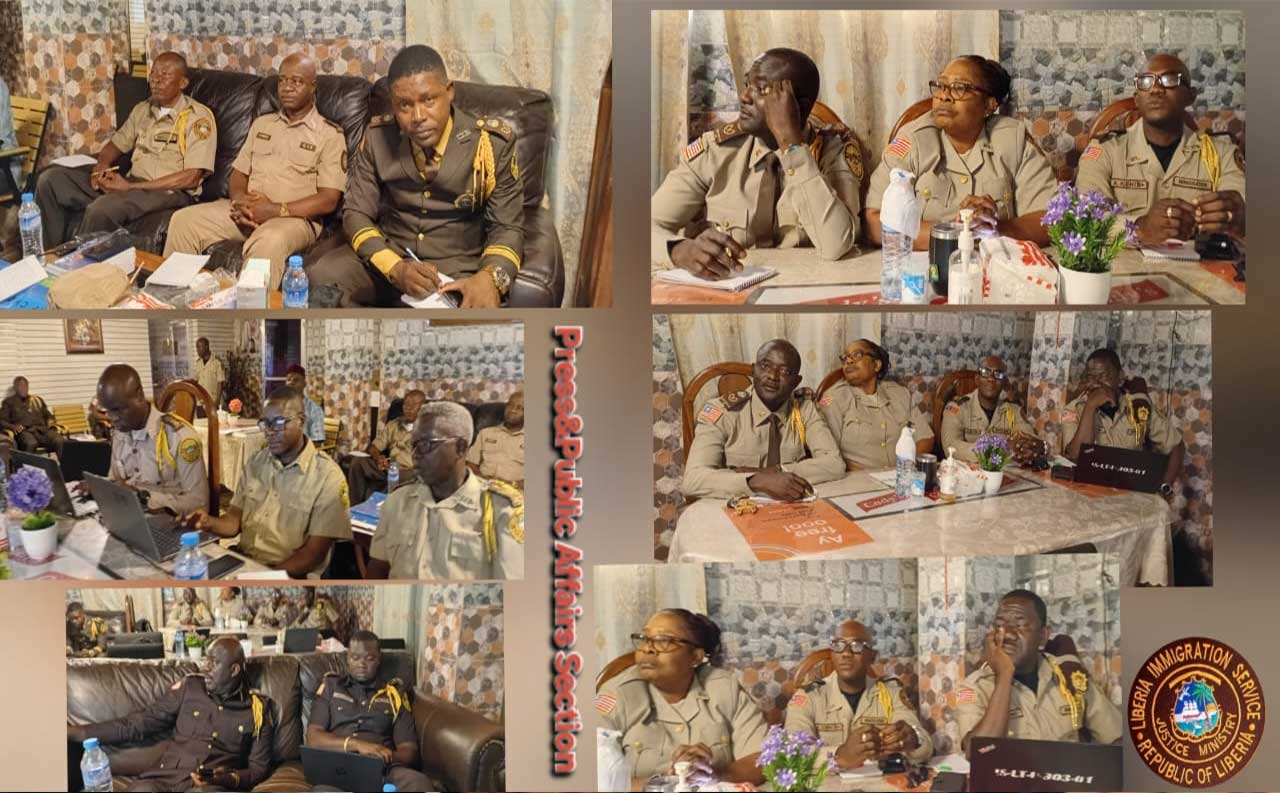Liberia’s 177th Independence Day Orator, Dr. Robtel Neajai Pailey, has criticized the Liberian media for what she described as focusing on sensationalism and bribery. Dr. Pailey criticized the current state of journalism in Liberia, particularly targeting the practice of “Kato” and the media’s tendency to prioritize sensationalism over substantive reporting.
During her appearance on Focus on Liberia on Sunday, Dr. Pailey expressed disappointment with how her Independence Day speech was covered by local media outlets. She accused many media institutions of straying from the core principles of journalism, opting instead to sensationalize trivial matters while neglecting the more significant issues facing the nation.
A central focus of her critique was the practice of “Kato,” a term in Liberia that refers to a payment or bribe given by a newsmaker to a reporter or interviewer, often to influence how a story is reported.
According to Dr. Pailey, this practice undermines journalistic integrity and compromises the autonomy and independence that should define the profession.
“For me, that economic model just doesn’t work because the public does not respect what the media does,” Dr. Pailey stated. “They are in the business of sensationalizing the news, they are in the business to gossip. A lot of unsubstantiated things get published in a lot of our media institutions. Some of them are leading, and I wonder how they got to be leading.”
Dr. Pailey challenged the media to return to the basics of investigative journalism, emphasizing the need for evidence-based reporting. “Before I believe in anything that somebody has said, I want evidence. So I want to see the media in Liberia gather evidence, do the analysis, and go back to the principles that they learned in journalism schools, especially that idea of autonomy and independence,” she emphasized.
Pailey expressed frustration with how her Independence Day oration was reported. Despite delivering a speech that spanned over 5,000 words and addressed critical issues such as raising the minimum wage, establishing a war and economic crimes court, and investing in creative industries, Dr. Pailey noted that the media chose to focus on a minor distraction that occurred during the event.
“It was disappointing to see how media institutions in Liberia reported my national oration,” she said. “They decided to focus on a particular distraction that happened during the oration, forgetting that there were 5,000 words of important stuff, historical, just heavy stuff that we need to grapple with as a nation, and they decided to go wrong and focus on one element of the speech that was four to five lines and not even important.”
Dr. Pailey highlighted several key points from her speech that she felt were overlooked by the media, including her call to increase the minimum wage from $143 to $250, her push for the establishment of a war and economic crimes court, and her appeal to private sector institutions to address the issue of trash in the country.
While acknowledging that not all media institutions failed in their reportage, Dr. Pailey urged Liberian journalists to take their responsibilities more seriously and strive for a higher standard of journalism that prioritizes the public interest over sensationalism and financial incentives.



